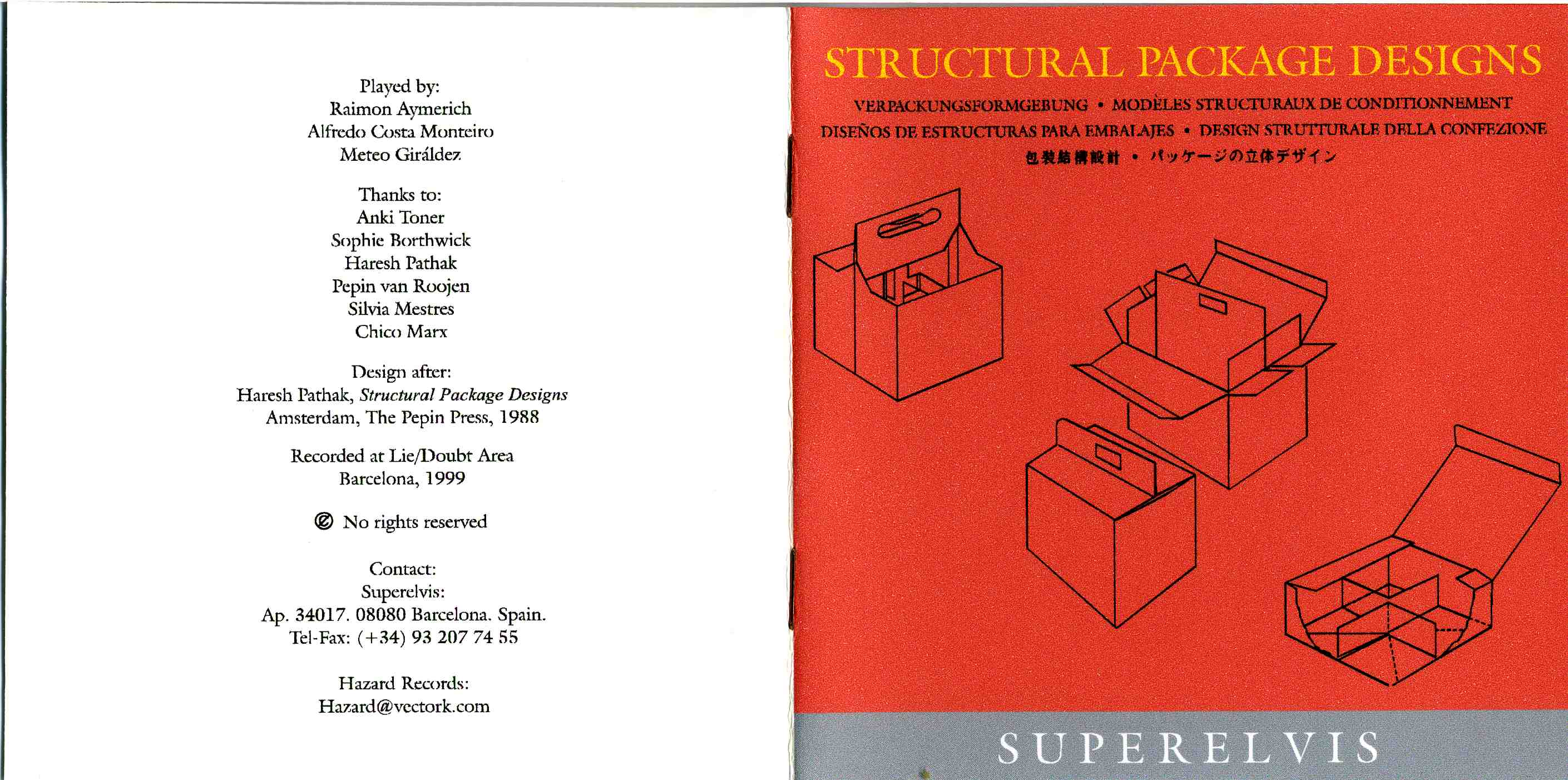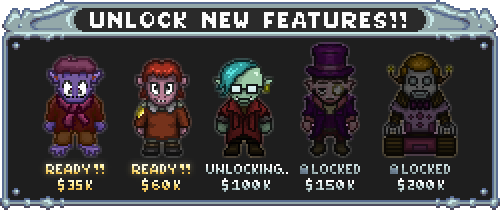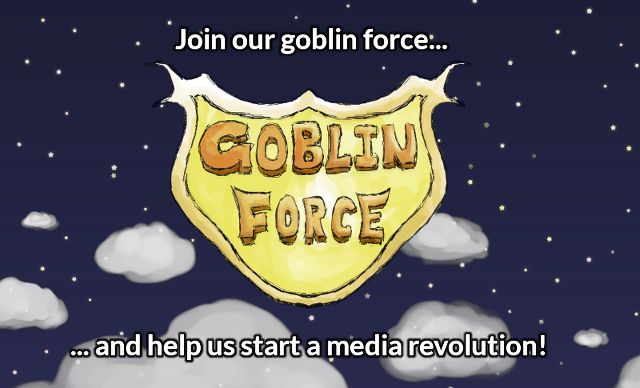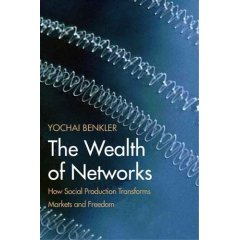 The reading group (curated by Nate Aune) I mentioned as having started with Coase’s Penguin is on to its first book: The Art of Community: Building the New Age of Participation, 2nd Edition (2012) by Jono Bacon. It happens this corresponds with another delayed book review, though only by 18 months in this case, and largely motivated by the book including an interview with me (reproduced below).
The reading group (curated by Nate Aune) I mentioned as having started with Coase’s Penguin is on to its first book: The Art of Community: Building the New Age of Participation, 2nd Edition (2012) by Jono Bacon. It happens this corresponds with another delayed book review, though only by 18 months in this case, and largely motivated by the book including an interview with me (reproduced below).
This is a large tome. You can download it as a 20 megabyte PDF with 574 pages (linked from the book website along with usual purchase locations). I see substantial portions of about 5 books therein:
- Autobiography of Jono Bacon. Less of this book is latent in the tome than those below, but tales of Bacon’s life are interspersed, and his personality comes through strong (n.b. Bacon uses “tales” to denote stories told within a community, not “tall tales”; similarly “fables” to denote stories that explain a community, not myths).
- Inside the Ubuntu/Canonical Ltd. community: how it works, its tales and fables.
- Tools and practices for managing an open source software community, especially one led by a for-profit company (corresponding to Ubuntu/Canonical Ltd. above).
- Reference/workbook for community managers and their managers. Also interspersed throughout, but especially the chapter on hiring a community manager.
- Community management casebook, heavily leaning on interviews with open source software project managers, but also many other types of community leaders and managers.
If any one of these piques your interest, it’s worth downloading the PDF and clicking in the ToC or word-searching, as is your style. If multiple seem compelling (say your company wants to hire a community manager, or you want to be hired as a community manager by a company), then reading the whole thing carefully would be a good use of your time.
(Of course it shouldn’t be your only reading, not least because “community management” is fraught, maybe especially in service of a for profit, and there exist plenty of criticisms of the Ubuntu/Canonical Ltd. community. I even agree with some of those criticisms, but my top level “complaint” about Ubuntu/Canonical Ltd. is that they haven’t been as successful in the marketplace as I’d like, i.e., they haven’t supplanted Microsoft! ☻ Bacon and company continue to work on that from a community angle.)
Interview
The interview with me in the book (numbered pages 492-495), conducted late 2011. The “cc-community” in the title of this post refers to a mailing list not mentioned in the interview.
…
You have been at the CC for a long time now. How did the organization look when you joined?
I joined CC in April, 2003, a few months after the first CC licenses were released. We were in the basement of the Stanford Law School, as that’s where Lawrence Lessig was. Various people had been involved over the preceding year, but essentially there were three staff just before I joined. There was a very loose community initially, based on the notoriety of Lessig and other founders and some friendly coverage in the usual (for the time) geek outlets such as Slashdot — more a variety of well-wishers than a community.
What kind of community did you set out to grow?
The other person CC hired in April, 2003 was our first international coordinator, based in Berlin. One community that we set out to grow, initially via this position, was a network of legal scholars around the world, who could collectively figure out how CC licenses work with copyright law in various jurisdictions around the world. This is the main community that CC was and is intentional about growing. We also set out to grow connections with related communities, eg open access, open education, open source, and mostly deliberately stayed away from trying to create “CC” subcommunities within these movements, and instead play a supporting role.
There always has been a mostly latent “CC community” of people who aren’t tied to a CC affiliate institution, and may or may not be involved with other nearby movements, but for whatever reason see CC as one of their primary passions — which is fantastic of course. CC the organization hasn’t ever really set out to “organize” this largely latent community, mostly due to lack of bandwidth (admittedly this could seem short sighted) and it isn’t clear how this community ought be cultivated — it is a very diverse set of people. I and some others see mobilizing this community (I’m actually more comfortable thinking about it as a movement) in some form as one of the biggest opportunities CC has in its next decade.
What approaches did you use to grow your community?
Regarding the international community of legal scholars we intentionally created, we gave them interesting, challenging, but highly delimited work — “porting” the CC license suite to their respective jurisdictions. (A “port” is usually both a linguistic translation and legal “translation” to reference local laws, drafting style, etc, where appropriate to hopefully make the ported licenses more understandable to the legal community in a given jurisdiction, but achieve the same affects to the extent possible.) This element of work made it relatively easy to determine what kind of team (usually composed of people from one or more local institutions) could be part of the formal community — they had to bring certain legal expertise, interest, and capacity — and gave community members a strong sense of ownership and contribution.
In the past 8 years CC licenses have been ported to over 50 jurisdictions via this process and community. In a sense this is just another instance of work occurring in chunks amenable to work being done by lots of different people, but I think the subject matter and large size and duration of the chunks makes it fairly interesting. Although many of the affiliate projects have formed their own local communities that have given feedback on license drafts, the overall process is highly controlled by experts, and openness to attracting and up-leveling drive-by contributors not much of a factor. This arrangement has been shown to not be competitive for building an encyclopedia, nor for most software and cultural projects, but perhaps should be evaluated if one thinks their project requires long-term commitment from a community with narrow and rare expertise.
Among the community involved in license porting, there has always been desire to also do advocacy and outreach, and sometimes art projects and software development. This has occurred organically, but over the last year or so we’ve also formally recognized those activities as potential responsibilities of a CC affiliate. While producing interesting work, a community that only really needs a few lawyers in each country is self-limiting. The aforementioned activities need unlimited resources, including the involvement of many more lawyers, who are crucial in persuading institutions and governments to adopt CC tools as policy, for example. Probably over the next few years there will be many more institutions and people officially involved in the CC community, with impressive outreach and projects around the world as a result.
The CC philosophy, particularly a few years ago, was fairly alien to the normal culture of content licensing and distribution practised by large record labels and studios. How did you communicate this message to your community?
Building a commons is still completely alien to “big content”; not even relevant really. Giving up the ability to legally persecute fans and users is a bridge too far for those whose dominant interest is protecting and milking existing revenue streams for however many quarters their horizon is. If it takes destroying the Internet to do that, so be it. This has to change, but the change won’t come from big content adopting CC licenses wholesale (though of course we appreciate when a progressive element does so for a project, and I’d be happy to be wrong), but through policy change that removes their ability to persecute fans. Have we reached “peak copyright” yet?
Communicating this to the CC community is not a challenge — they already knew how poorly aligned the interest and practice of big content and society are, and for many people this was a motivating factor for getting involved in CC.
The challenge has been figuring out where the commons can make a big difference, given the indifference-to-hostility of big content. The answer has arrived at fairly organically, learning both from the broader community (e.g., FLOSS, Wikipedians, the Open Access movement) and from the CC affiliate community’s work on institutional and government policy. The summary is that CC’s sweet spots are community and mass collaboration projects, where legal freedoms are necessary for a project to scale, just like in FLOSS, and in publicly interested policy, where the policymaker might be a funder, and institution, or a government. In both of these cases, the appropriate CC license or public domain tool is a standard, well understood and recognized instrument that can be made the legal basis of a project, or slotted into a broader policy intended to benefit the public, instead of engaging in expensive debate and reinvention — and there’s a big community of experts eager to help, wherever one is in the world.
There is a passionate CC community out there. How did you build a community that takes the CC ethos and spreads it further and advocating it to others?
Sharing, giving credit where due, valuing the common good, using technology to encourage such, not persecuting people who do those very natural things — things that one might recognized as “the CC ethos” — all precede CC. They’re essentially human. CC created some practical tools that one can use to further those ends and a brand that denotes such an ethos at our particular juncture in history. People would’ve been spreading that ethos in the same contexts CC is now — one can see an explosion of experiments in open content licensing in the years just before CC launched. Hopefully overall CC has made those people more effective than they would’ve been without a fairly high profile and well resourced (but tiny in the scheme of things) license steward, i.e., CC.
We did make an attempt approximately 2005-2008 to provide a nexus for open movements to meet and collaborate, a subsidiary called iCommons (now a small independent charity) that ran a series of “iSummits”. These turned out to be mostly useful for bringing the CC community together, so our next global gathering, which did not occur until September, 2011, made no pretense of being anything other than a CC summit. There remains huge opportunity to at appropriate times work together with other communities and movements with an overlapping ethos — more of that is happening, but slowly, and not under an umbrella brand.
CC is a now well established organization and community. How do you keep your community passionate about the CC and Free Culture?
Regarding the CC affiliate community (copyright and other experts mentioned above), carefully and collaboratively. Some of the core work by that community is changing — we’re working on version 4.0 of the CC license suite now, which has the aim of being unambiguously global — porting as it has been done so far may end, or at least will be a special case. We have to move and diversity the work of this community, and it has to be even more vital and challenging work, e.g. CC adoption as policy, leveraging CC’s reputation in nearby policy debates impactful to the commons, CC as a subject of legal, economic, and other research, and interfacing with WIPO and other international institutions. We have to strive to make CC a truly international organization itself. What this means for governance, staffing, fundraising, the structure of relationships with affiliates and other organizations — we don’t know yet, and will probably always be evolving.
Regarding the broader community and potential movement, the flip answer is that we don’t have to do anything. The passion is there, and free culture, open access, open education, etc, provide endless good news and opportunity for all interested — and occasionally we get a gift in the form of a ridiculously incorrect attack on CC from a big content executive — that fires everyone up. However, there’s a lot that we do, the single most important one being serving as a great license steward, which includes everything from explaining and answering questions to advocacy to actually getting the licenses “right” so that they’re the best tools for growing the commons. If our explanations of the licenses are confusing, or we have licenses that don’t serve to build the commons, it puts a real damper on the ability of the community to advocate and spread CC, and their passion for doing so.
The 4.0 process is also going to be crucial for engaging the broader community, and be a determinant of how much passion and energy we see from them over the next decade. My highest aspiration would be for the 4.0 licenses to have received overwhelming input and buy-in from both the broadest set of “netizens” (if I may use a 1990s term) interested in the common good and policymakers, forming a standard for info- and innovation-policy and norms for a generation. Coming anywhere near that goal will require lots of community organizing!
CC is a funded by donations. What approaches have you used to gather these donations?
So far the vast majority of our funding has come from U.S.-based private foundations. Our main effort for community support (which I consider the most healthy form of funding, and should over time become the most important pillar) has consisted of an annual fall campaign, mostly conducted online — think a micro version of the Wikimedia fundraising campaigns that most readers should have seen. CC has a lot of learning and growth to do here. The main reason to cultivate the CC community is that doing will be instrumental for accomplishing our mission — but it is true that we hope that a portion of the community has the means and feels our work is important enough to donate each year.
…
If you enjoyed that, check out the other community case book interviews: Linus Torvalds, Linux; Mike Shinoda, Linkin Park; Mårten Mickos, MySQL and Eucalyptus; Tim O’Reilly, O’Reilly Media; Carolyn Mellor, X.commerce, PayPal, and eBay; Ilan Rabinovitch, Southern California Linux Expo; Richard Esguerra, Humble Indie Bundle; Mark Bussler, Classic Game Room; Mary Colvig, Mozilla; Dries Buytaert, Drupal and Acquia; and James Spafford, Media Molecule.
If you enjoyed the book, Bacon also runs community leadership conferences.





 I really enjoyed
I really enjoyed 
